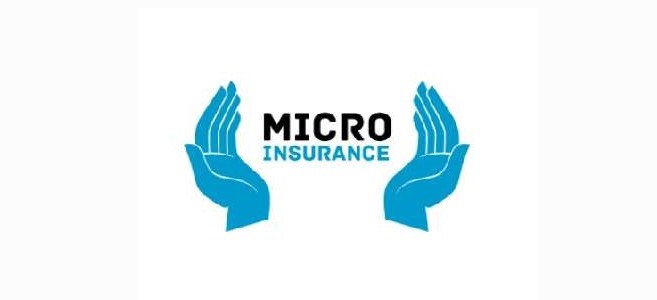Without Going Public, Micro Insurance Companies have Invested Around 2 Billion Rupees

Kathmandu : Micro Insurance Companies have invested nearly 2 billion rupees without distributing any investment shares for public. Four small insurance companies that are currently operating have invested 1.95 billion rupees in the financial year 2079-80 B.S (2023 A.D). According to the Nepal Insurance Authority, after selecting the proposals of three companies for small life insurance business and four companies for small non-life insurance business and distributing licenses, among them two small life insurance companies and two non-life insurance companies have started business.
Two small life insurance companies that are doing business have invested 1.01 billion rupees in the financial year 2079-80 B.S (2023 A.D).Out of which Guardian Micro Life Insurance’s investment is Rs.505 million and Crest Micro Life Insurance’s investment is Rs.511.3 million.
According to the authority, they have invested 95 percent (Rs.972.5 Million) in term deposits of ‘A’ class banks. According to the investment guidelines of Micro Life Insurance 2022 A.D, companies can invest at least 30 percent of the total investment in term deposits of ‘A’ class banks and infrastructure development banks licensed by The Central Bank of Nepal.
Two small non-life insurance companies have invested 935 million Rupees. Out of that, both Nepal Micro Insurance and Protective Micro Insurance have an investment of 467.5 million rupees. These two companies have invested in term deposits of ‘A’ class commercial banks. There is a rule that the Small Life Insurance Company is also allowed to invest at least 30% of the total investment in term deposits of ‘A’ class banks and infrastructure development banks licensed by The Central Bank of Nepal.
The authority has set a minimum paid-up capital of 750 million Rupees for micro insurance companies. There is a rule that micro insurance companies must issue at least 30 percent of their shares to the general public. However, insurance companies have not yet gone public.
Under the section 5 of the paid-up capital division of the ‘Ministry Insurer Establishment and Registration Guideline 2079 B.S’ issued by the authority, there is a rule that if a company is starting micro insurance business, then the share of the founding group should be at least 51 percent, at least 30 percent of the shares should be issued to the general public, and a maximum of 5 percent should be set aside for the company’s employees.
In this way, it is estimated that after selling shares to the general public, micro insurance companies will collect more capital as well as get opportunities for investment diversification but it has not seen in implementation.
